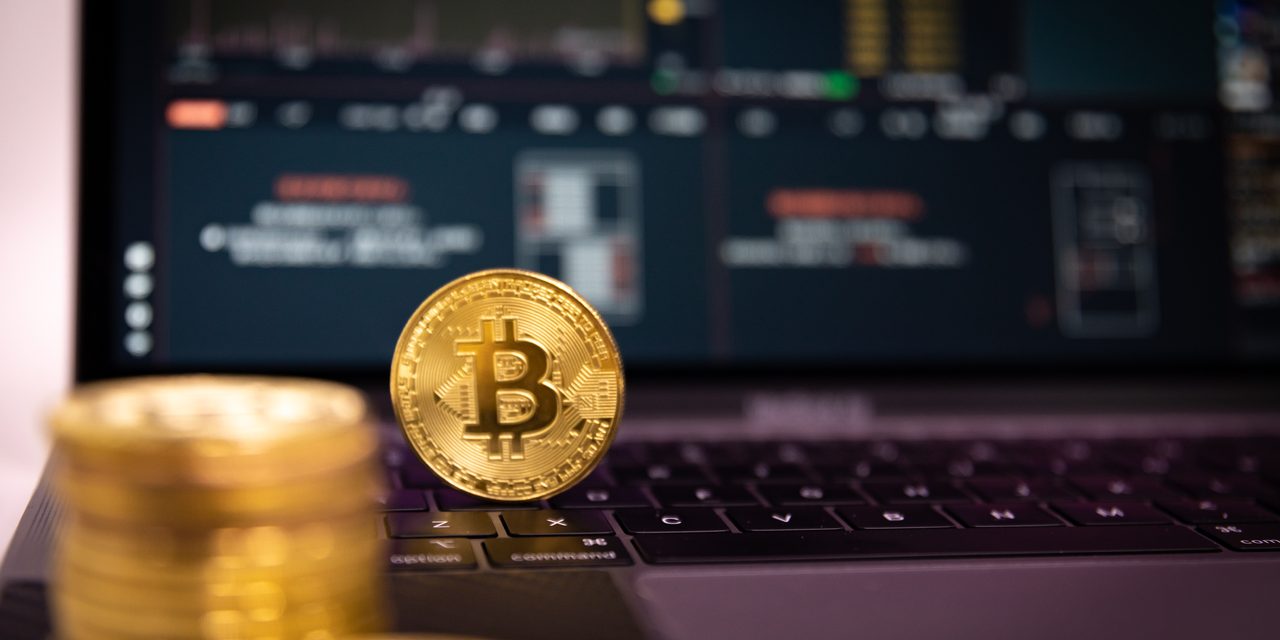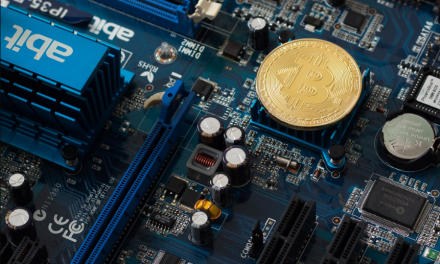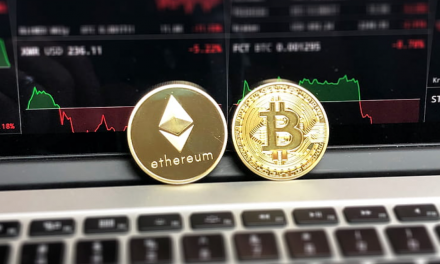A consortium of industry giants like BlackRock, NASDAQ, and Coinbase— major players in the ever-evolving financial and crypto markets— are rallying for the recognition of cryptocurrency, with Bitcoin being the primary focus. Their ultimate goal? To pave the way for leading asset managers to trade in Bitcoin directly.
However, their efforts have thus far been stonewalled by the Securities and Exchange Commission (SEC). Proposals for spot-market exchange-traded funds, which would grant direct ownership of Bitcoin, have been met with unyielding resistance. Bitcoin ETFs currently exist but are limited to dealing with Bitcoin futures contracts or stocks from crypto-influenced companies. BlackRock, having tasted defeat in the initial round, has recently returned to the fray with a revised ETF proposal.
While the crypto buzz has been somewhat dampened by instances of fraud and the rise of generative AI, these continued attempts for Bitcoin ETF, especially by BlackRock, could be the spark needed to light the fuse of blockchain and Bitcoin acceptance in the corporate finance world.
CFOs, Take Note
Christos Makridis, helming both a fintech startup Dainamic and the University of Nicosia’s blockchain and AI economics course, has a clear message for CFOs: “Digital assets are here for the long haul, even though they have not yet become the norm.” He stresses the importance of CFOs becoming actively involved in regulatory policy discussions and notes that the financial services industry has experienced the most regulation since the financial crisis, according to his research.
Those who have thrived in the realm of crypto maintain its significance in the underlying tenets of corporate finance. Raymond Chen, a former community manager at Nansen, a blockchain analytics platform, and a current industry entrepreneur and investor, rejects the notion that AI’s emergence has diluted this tech’s appeal. In his opinion, finance leaders, particularly CFOs, need to remain vigilant.
Chen highlights the importance of keeping a keen eye on decentralized finance (DeFi), non-fungible tokens (NFTs), and decentralized autonomous organizations (DAOs) in the web3 market. According to him, DeFi is responsible for groundbreaking financial products and services, empowering individuals with more control over their assets. NFTs are changing the game in digital ownership, opening new doors for creators and collectors, while DAOs are fostering community-driven projects through a novel governance and decision-making system.
Not Just AI
This potential resurgence of crypto and blockchain-derived finance products could be a boon for CFOs, making them realize AI is not their only salvation. Blockchain technology can assist with data tracking, forecasting, and other corporate finance fundamentals, much like ChatGPT.
Makridis sees AI and distributed ledger technologies (DLT) as two sides of the same coin. He explains, “AI is about learning from data, and DLT is about secure and privacy-preserving management of data.” While there’s a significant interest in permission-less blockchain ecosystems, he asserts that the biggest efficiency gains for large organizations can be achieved by building permissioned systems. These systems are designed to track inventory and carry out payments more economically than current accounting processes. The greatest hurdle, however, lies in transitioning activity on-chain, which often necessitates altering data storage and access methods.
Makridis suggests starting with a simple pilot project and scaling up based on its success. Following a successful pilot, CFOs can project potential savings and experiment with incorporating blockchain into more internal processes.
The Future: Smart Contracts
In the conversation about the collaboration of AI and blockchain, Chen and Makridis touched upon smart contracts. These “smart” contracts, aptly named for their ability to autonomously execute a contract once a pre-set number of conditions are met, have a variety of applications in corporate finance. While some have exploited these contracts, integrating them with AI could streamline automation.
Chen argues that AI can enhance consensus mechanisms, boost security measures, automate complex processes, facilitate data analysis, and execute smart contracts, leading to more efficient blockchain networks. He sees great potential for synergy between AI and blockchain.
Makridis concurs with Chen regarding the positive influence of AI on smart contracts, but feels more groundwork is needed before this technology can be scaled up.





